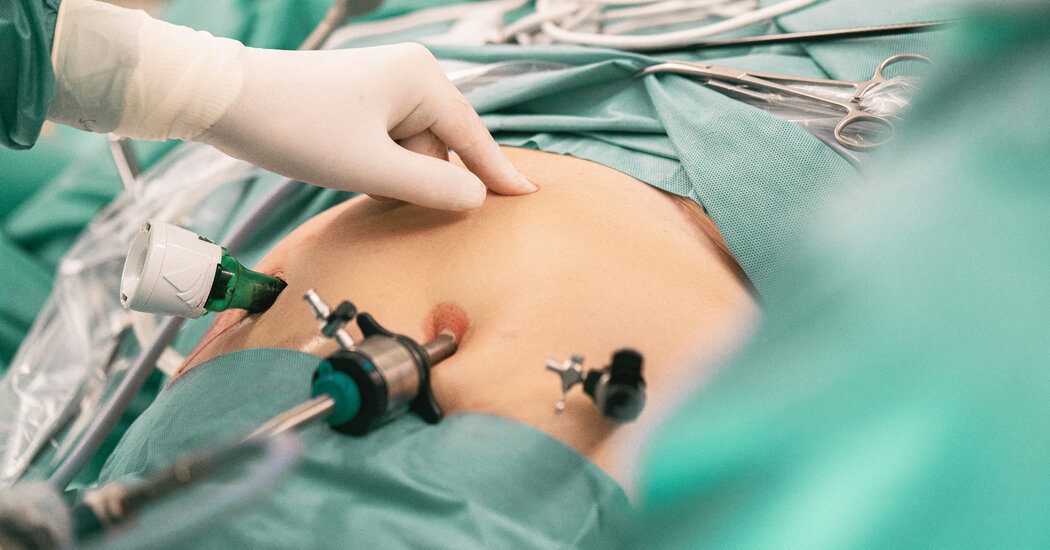
Approximately 40% of adults in the United States are believed to be suffering from a liver condition that poses significant health risks and can potentially lead to fatal outcomes. This condition, referred to as fatty liver disease, frequently remains undetected until the individual experiences severe liver damage, known as cirrhosis.
Until recently, healthcare professionals could only recommend lifestyle adjustments and dietary changes, or assist patients in managing conditions like diabetes and hypertension. Unfortunately, these interventions often fell short. However, a groundbreaking study has revealed that weight-loss surgery may greatly decrease the likelihood of severe complications, even for some individuals already diagnosed with cirrhosis.
In this study, published in Nature Medicine, researchers analyzed data from patients with obesity and cirrhosis stemming from a more advanced form of fatty liver disease known as metabolic dysfunction-associated steatohepatitis (MASH). Obesity is a key risk factor for this condition. Remarkably, after 15 years, patients who underwent bariatric surgery were found to be 72% less likely to experience severe complications, such as liver cancer, compared to those who did not have surgery.
These findings, along with new research on the advantages of weight-loss medications, have sparked renewed optimism among doctors in the fight against fatty liver disease.
MASH starts with excess fat accumulating in the liver, which can lead to inflammation and liver fibrosis, or scarring, in some patients. Studies indicate that significant weight loss might reverse fibrosis and improve long-term health outcomes for affected individuals. However, there has been much less research focused on cirrhosis.
"Many people believe that cirrhosis is synonymous with a terminal diagnosis," commented Dr. Rotonya Carr, division head of gastroenterology at the University of Washington. Yet, the emerging evidence suggests a different reality.









